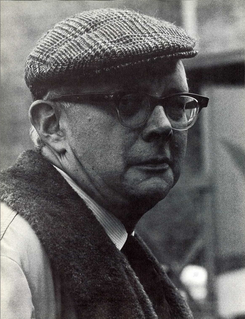Top 14 Quotes & Sayings by Irving Howe
Explore popular quotes and sayings by an American historian Irving Howe.
Last updated on April 14, 2025.
I was in a garden at the Rodin Museum. For a few minutes I was alone, sitting on a bench between two long hedges of roses. Pink roses. Suddenly I felt the most powerful feeling of peace, and I had the thought that death, if it means an absorption into a reality like the one that was before me, might be all right.
Could we say that the short short is to other kinds of fiction somewhat as the lyric is to other kinds of poetry? The lyric does not seek meaning through extension, it accepts the enigmas of confinement. It strives for a rapid unity of impression, an experience rendered in its wink of immediacy. And so too with the short short.
























